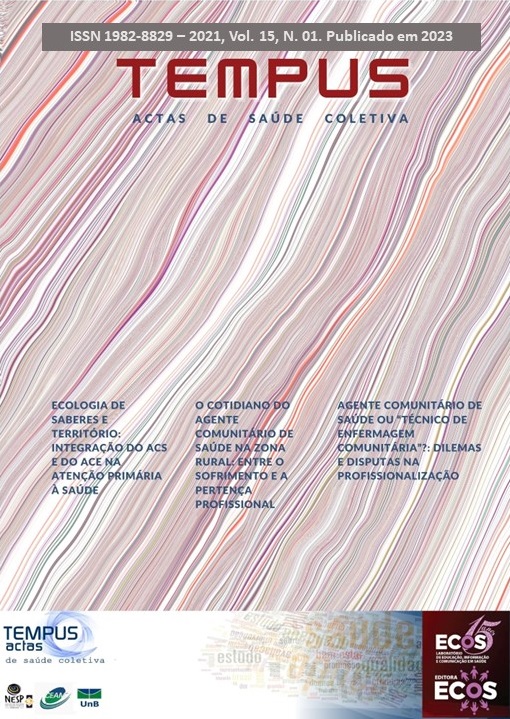Abstract
The National Policy for Primary Care (PNAB) characterizes Primary Care as: a set of health actions, in the individual and collective scope, which covers the promotion and protection of health and the prevention of injuries. From this perspective, the Community Health Agents (CHA) are members of the Family Health Teams (FHS) and play a strategic role in linking these teams with the population of the territory where they work. Community Health Agents (CHA) are the largest category of professionals in Primary Care, reaching more than 250 thousand in Brazil. Its attributions are built, fundamentally, based on public health policy, from the definition of care needs, risk situations and educational activities. It is intended to report the experience of an extension course for community health agents in the municipality of Limoeiro-PE. This course was held from June to July 2019 by a team of professors, public health students and residents of a multidisciplinary family health program. The course was divided into three modules, with the following themes: territory and health-disease-care process; the work of the ACS; and the work process in primary care. The acknowledgment of the role of the ACS in the construction of the SUS and Brazilian primary care was evidenced throughout this experience of continuing education in health and university extension, which also collaborated with the formation of bachelors in public health and residents in family health. them from the reality of the world of work in primary care from the dialogue with the ACS.
A Tempus garante critérios rigorosos, por meio de avaliação sistemática. Os autores se responsabilizam pela veracidade e ineditismo do trabalho cabendo a eles a cessão de direitos de publicação à revista. A confiabilidade dos conteúdos e a marca própria de apresentação tem como objetivo uma comunicação personalizada, adaptada aos padrões da revista, na medida em que adota critérios de excelência exigidos por seus usuários e especialistas, considerando os rigores da comunicação científica. Os autores devem especificar sua contribuição individual na concepção, delineamento, execução do trabalho, análise ou interpretação dos dados, redação e aprovação final do manuscrito. Incluir Fontes de financiamento e de apoio logístico das pesquisas. Ao final da submissão do artigo, os autores devem enviar uma declaração de cessão de direitos de publicação à Revista TEMPUS , assinada e no formato PDF (Portable Document Format ): Modelo da declaração de cessão de direitos.
